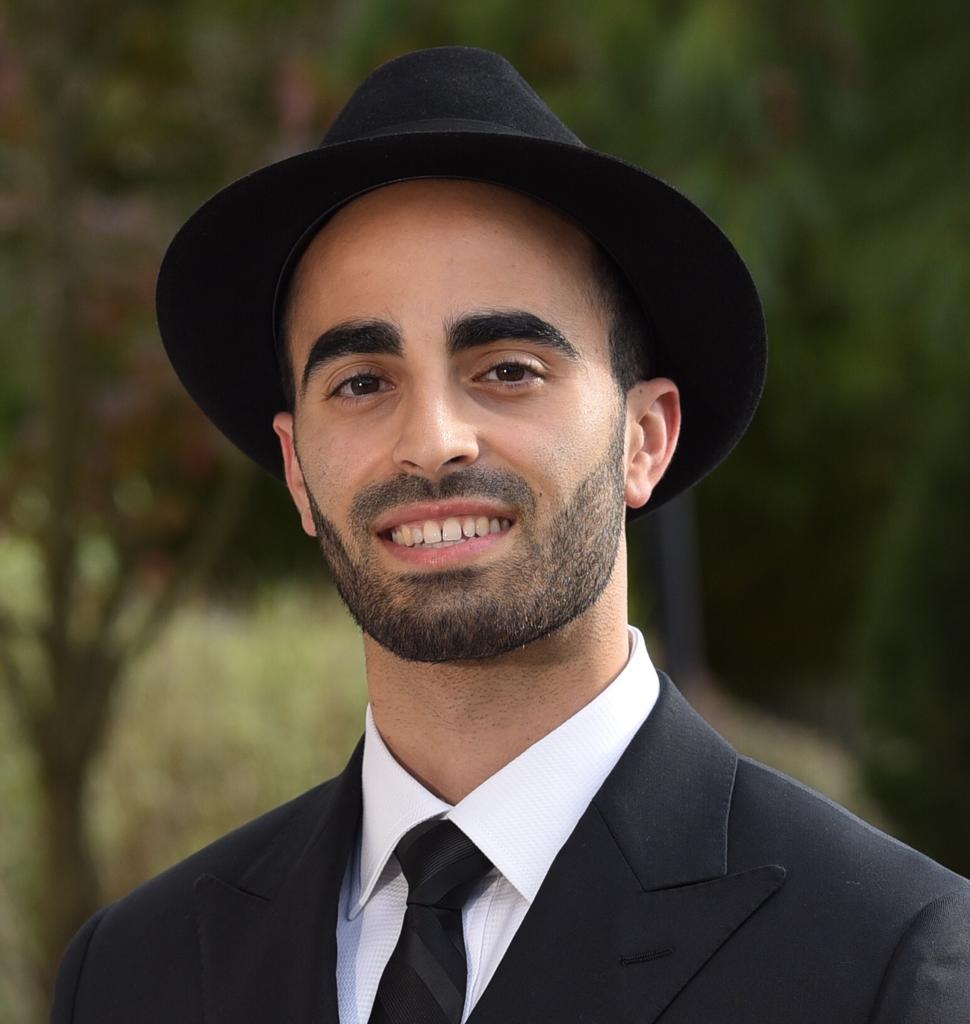
Satisfying the Soul
Our parsha describes the people’s complaining and craving for meat, for which they were taken to task. What was wrong about seeking to eat some


Our parsha describes the people’s complaining and craving for meat, for which they were taken to task. What was wrong about seeking to eat some

In the haftara of Naso, it states: “There was a certain man…whose name was Manoach; his wife was barren and had not given birth. An

Our parsha begins with Hashem telling Moshe to take a census of the Jewish people. In the Ramban’s commentary to our parsha (1:45-46,) he quotes

In Parshat Behar it states, “If your brother becomes impoverished and his means falter in your proximity, you shall strengthen him—proselyte or resident—so that he

In Parshat Mishpatim, the Torah states: “If a man shall steal an ox, or a sheep or goat, and slaughter it or sell it, he

In Parshat Kedoshim it states, “You shall not take revenge…against the members of your people.” The Gemara Yerushalmi explains: “One was cutting meat, and the

In Parshat Tazria it states: “If the tzaraat will erupt on the skin, and the tzaraat will cover the entire skin of the affliction from

Our parsha begins with the eighth day of the inauguration service. After the long inauguration service was completed, Aharon was nevertheless distressed, as Rashi teaches:

Parshat Tzav discusses the subject of korbanot. The Midrash (Tanchuma) on Parshat Tzav teaches that the nations of the world asked Bilaam, “Why did Hashem

Our parsha discusses the case of when a king sins and the korban he brings to atone for his sin, as it states, “When a

Our parsha deals with the assembling of the Mishkan. The midrash (Shemot Rabbah 51:1)commenting on the first verse of our parsha, quotes the verse in

Rav Shlomo Wolbe seems to say as follows: There are two forces within a person—the yetzer hatov and the yetzer hara, and every action of